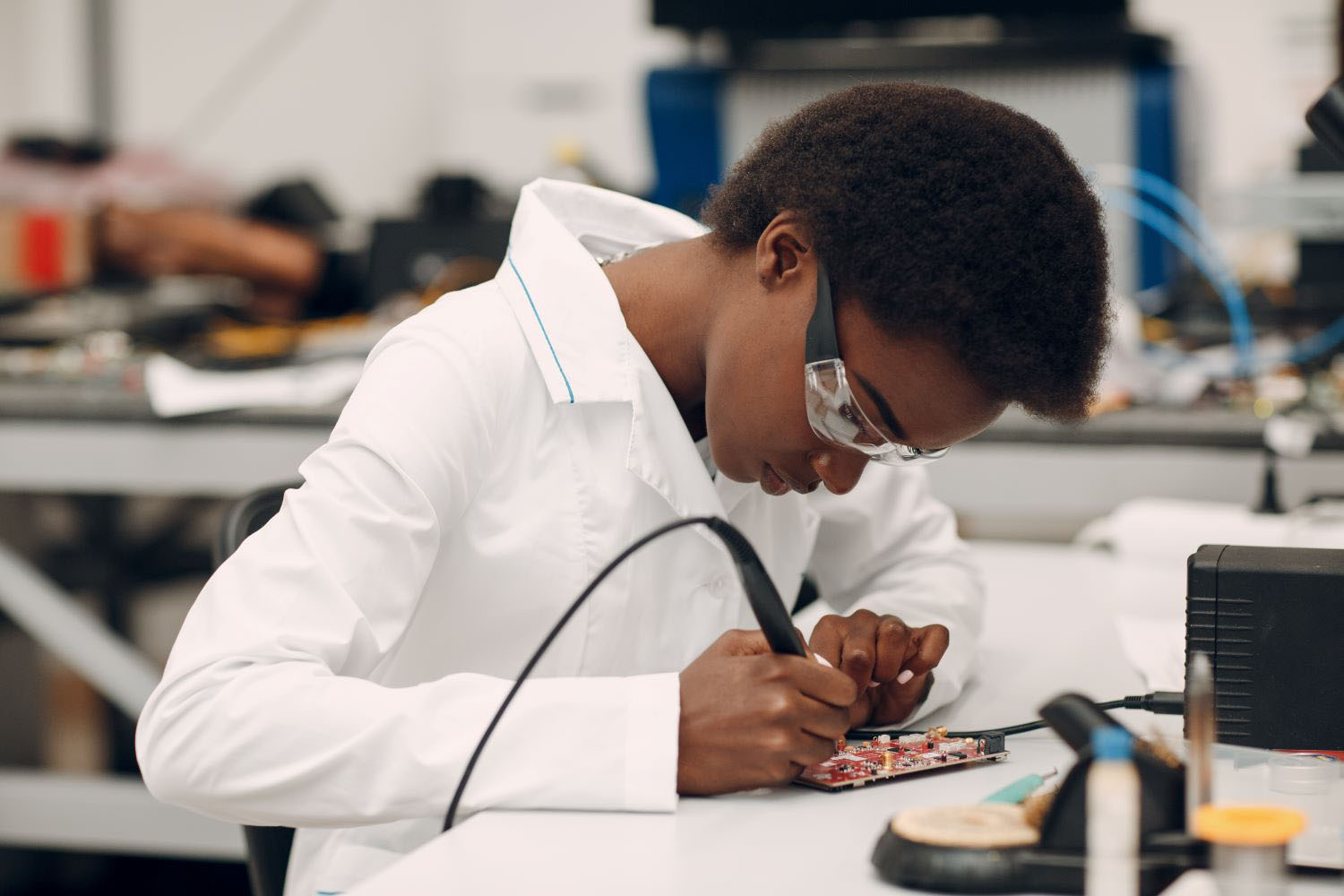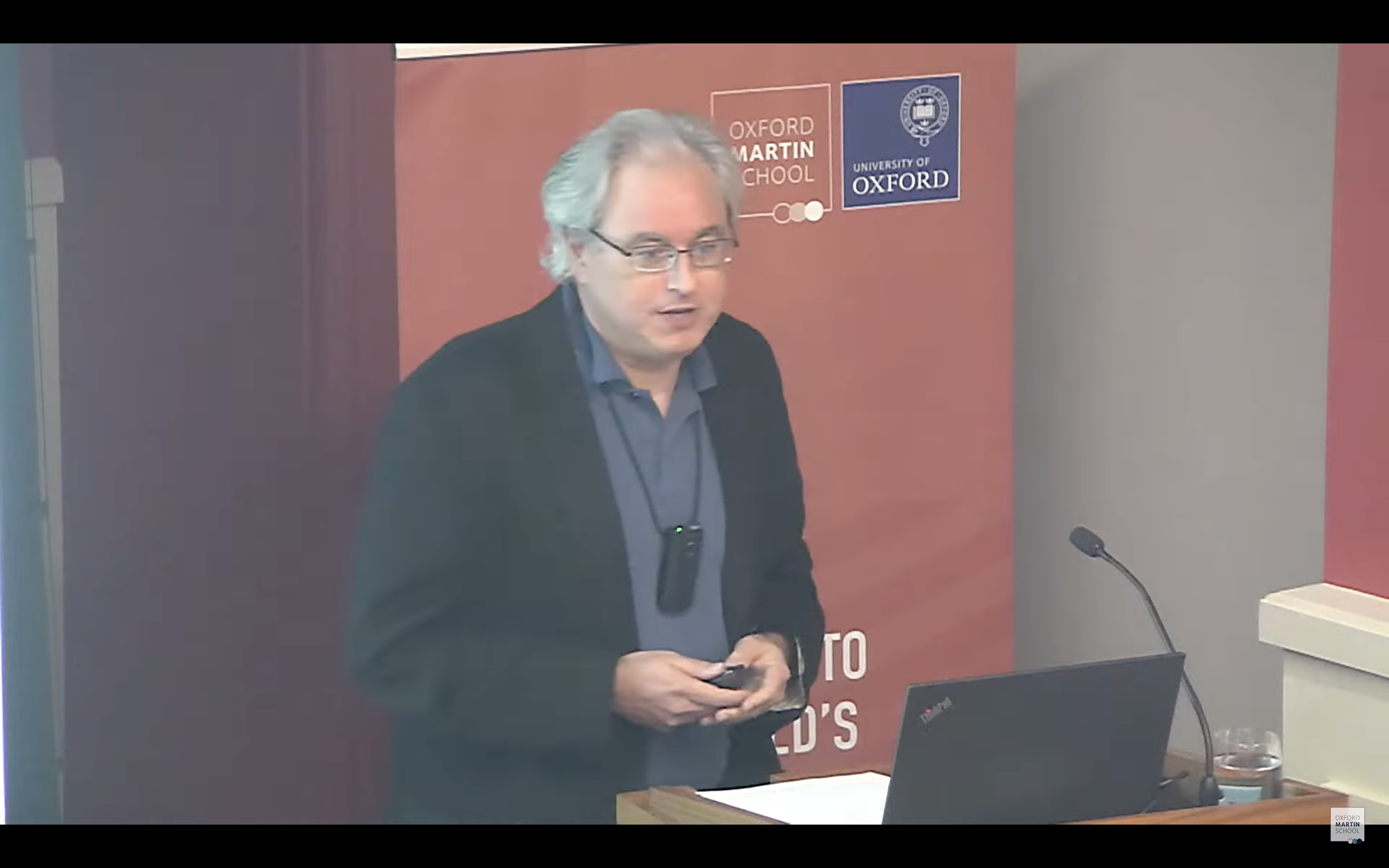Sen. Robert Menendez, chairman of the Senate Foreign Relations Subcommittee on International Development and Foreign Assistance, Economic Affairs and International Environmental Protection, said he was proud to support any initiative highlighting the global development agenda for the next U.S. president during CGD’s Capitol Hill discussion of The White House and the World: A Global Development Agenda for the Next U.S. President last week.  Menendez and CGD president Nancy Birdsall urged improvements in U.S. foreign assistance as part of the global development agenda in the U.S. national interest at the event and in testimony they each delivered earlier in the week to the House Foreign Affairs Subcommittee on the Western Hemisphere.
Menendez and CGD president Nancy Birdsall urged improvements in U.S. foreign assistance as part of the global development agenda in the U.S. national interest at the event and in testimony they each delivered earlier in the week to the House Foreign Affairs Subcommittee on the Western Hemisphere.
In his remarks (PDF, 1.0MB) during the White House and the World event, Menendez made three points about what needs to happen to improve U.S. foreign assistance as part of a U.S. global development agenda:
- The U.S. government’s ability to manage and implement foreign assistance programs has been in decline for decades and should be built “back up not just to where we used to be, but where we need to be” through congressional oversight and legislation.
- A rewrite of the Foreign Assistance Act would be the gold standard in terms of improved legislation. Menendez said this would be “hard, but not impossible.”
- The structure of U.S. foreign assistance should maintain the independence and integrity of a U.S. development agency whether it’s a cabinet-level agency, or a new re-engineered USAID. He said the goals of the State Department are not always the goals of our development assistance, and that development “requires a strong, independent voice that the president can turn to -- and that international leaders will recognize.”
Menendez also outlined three elements of how to make this happen:
- Establish strong leadership, a clear vision, and capable staff to carry out the functions of USAID or other development agency.
- Bridge the divide between those who know what to do (the intellectuals, analysts and academics), those who are out there doing it (field workers, NGOs), the recipient governments (health ministers, foreign government policy makers), and those who have the power to shape the overall direction of our assistance (U.S. Congress, State Department and USAID). Menendez praised CGD for working to bridge this divide and challenged us to “redouble our efforts to do so, because in light of the scarce resources and the grave need that exists, we can’t continue to fall short because of a fragmented advocacy and policy community.”
- Make global development a priority for the next U.S. president by making the case that foreign assistance is in the U.S. national interest, and U.S. national security interest.
Birdsall focused in her opening remarks on why global development should be a priority for the next U.S. president. She was joined by CGD senior fellows Ruth Levine, Kim Elliott, and Steve Radelet who addressed the major themes of The White House and the World:
- Putting U.S. technological and business prowess to work for the world’s poor through global health, climate change and tropical agriculture;
- Sharing prosperity through improved trade, migration and investment policies;
- Modernizing outmoded foreign assistance programs and reform international development institutions to give greater influence and power to developing countries.
 Josh Weissburg at the Aspen Institute’s Global Interdependence Initiative captured some of the themes from the book and conversation at the event in a posting on GII’s fine development blog “The Exchange.”
Josh Weissburg at the Aspen Institute’s Global Interdependence Initiative captured some of the themes from the book and conversation at the event in a posting on GII’s fine development blog “The Exchange.”
Earlier in the week, Menendez and Birdsall made similar points in testimony before the House Foreign Affairs Subcommittee on the Western Hemisphere hearing on “Foreign Assistance for the Americas.” The hearing also addressed inequality and the role of the middle class in development in Latin America. Mark Schneider of the International Crisis Group and Eric Werker, assistant professor at Harvard Business School, also testified for the committee (all written testimony and video available here).
In her testimony, Birdsall made three key points:
- Congress should work with the next president and his administration to implement a major overhaul of U.S. foreign assistance through a new Foreign Assistance Act, new structure and more multilateral engagement.
- Congress should urge the Treasury to press for faster and deeper changes at the Inter-American Development and World Bank, including pressing these institutions to become reluctant lenders and active providers of technical advisory services in most Latin American countries.
- The Social Investment and Economic Development Fund for the Americas legislation (PDF, 1MB) (sponsored by Senators Menendez, Lugar, Hagel and others and Representatives Engel, Burton and others on the House Foreign Affairs Western Hemisphere Subcommittee) includes many good things -- including additional resources to the region that focus on linking social investments and economic development, more flexibility to USAID and the IDB, and strong (and welcome) emphasis on serious impact evaluation. She added, however, that the effort to improve U.S. involvement in Latin American should not distract from the need for broader foreign assistance reform.
During his testimony, Menendez also highlighted the work of the Millennium Challenge Corp. (MCC) which has three compacts and three threshold programs in six countries in Latin America. He said:
While the actual results are a still a few years away -- and I intend to study these results carefully -- the manner in which the MCC has been able to engage host-country participation is something the development community can learn from. It is by no means the model, but it is one of several models that the U.S. needs to look to as part of our toolkit.Menendez and Birdsall closed their testimony and remarks at the White House and the World event by reminding their audiences that foreign assistance and the broader global development agenda is not just charity or a handout; it’s smart policy that reflects American values and promotes global prosperity and security as part of the U.S. national interest.
Menendez left his listeners with the thought that foreign assistance is an investment in our mutual prosperity and while it has its limits, “more resources, and better spent resources, combined with active diplomatic and economic engagement will help build the institutions that will create more stable political, social and economic systems.” These vital issues, according to Menendez, must be tackled in order to “adequately address the joint challenges that threaten our national security, our economy, and our way of life.”
Access White House and the World event page here .Disclaimer
CGD blog posts reflect the views of the authors, drawing on prior research and experience in their areas of expertise. CGD is a nonpartisan, independent organization and does not take institutional positions.






